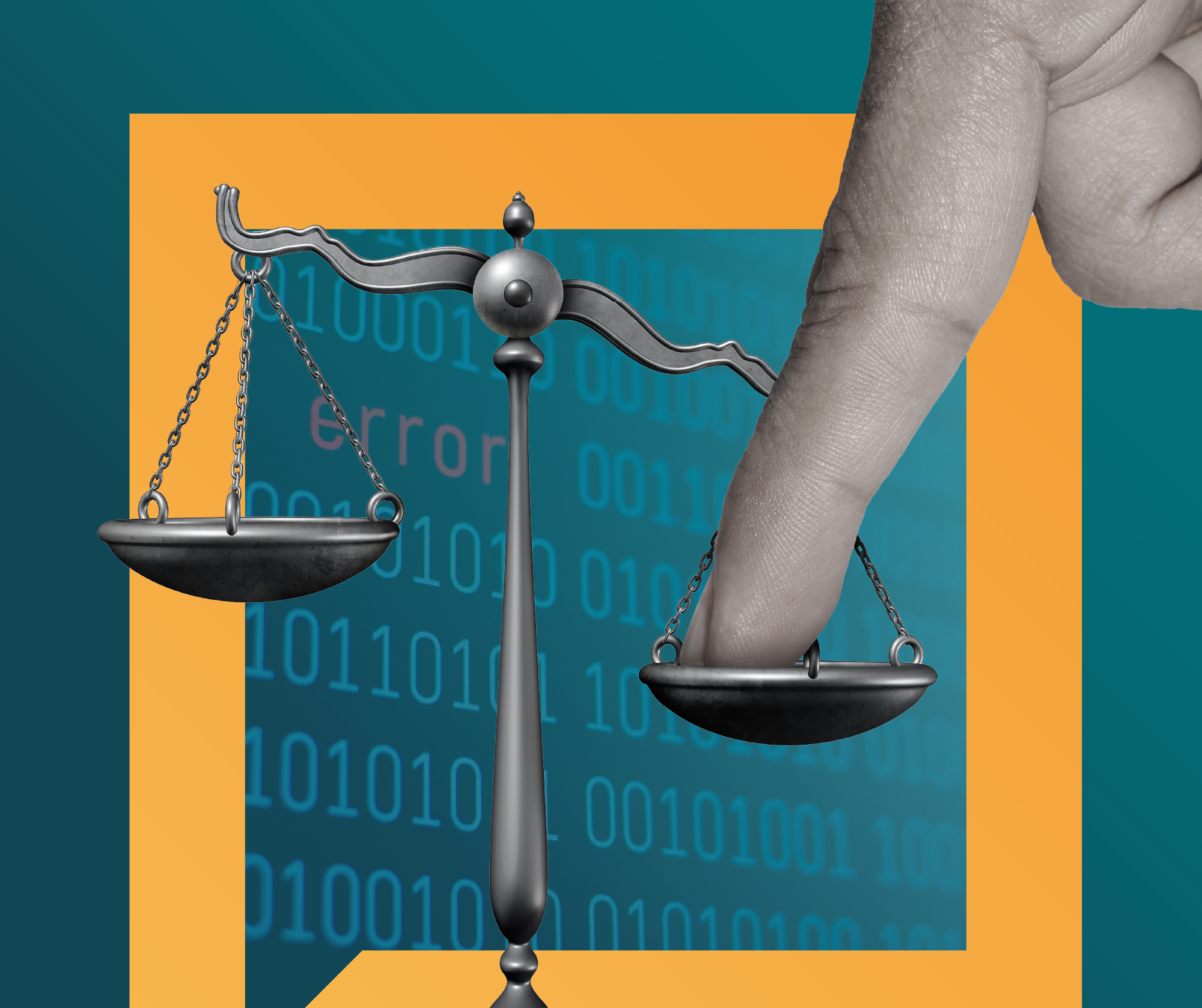
On Culture Blog / Jun 21, 2024
Two Tips for Talking about America’s Rigged Systems

If I asked you whether you think the system is rigged in America, you’d be likely to say “yes”—and you wouldn’t be alone. According to results from our February 2024 Culture Change Tracking Survey, 70% of Americans believe that “the system is rigged.”
At the core of this “system is rigged” mindset is the idea that a powerful few are manipulating how society works to benefit themselves and hurt the rest of us. It’s a mindset that has become an increasingly dominant explanation for the problems facing our country, and is abundantly present in both progressive and conservative social movement communications (although definitions of the “powerful few” and the “rest of us” vary widely).
Given its dominance in our cultural discourse—and the vastly different ways “the system” is being framed—we asked some key questions in our research to help those of us working to build a more just world effectively deploy system-is-rigged framing. Namely: how can we steer clear of potential pitfalls of this framing and ensure that our messages make people more, not less, inclined to believe that the system can be un-rigged?
If our goal as communicators, advocates, scholars, and movement leaders is to build demand for different, better, and fairer systems, we need to communicate in ways that avoid provoking a sense of fatalism—that the problem is just too big to be addressed. We need to put forward solutions that are at the same scale as the problems we’re trying to fix—but when the problem (the system) is framed in such a general way, our solutions can either come across as too small to fix it or too big to be doable. We call this the ambition-feasibility paradox, and it’s a major hurdle for communicators who want to use system-is-rigged framing to build support for progressive change.
Our research points to two important steps to take to overcome the ambition-feasibility paradox.
First, it is crucial to explain specific ways a particular aspect of “the system” is rigged.
One important hurdle identified in our research is that when we think about “the system,” we’re often thinking about many different systems at once: political systems, economic systems, healthcare systems, legal systems, etc. That makes our “rigged system” a huge problem to solve (and indeed it is). Explaining different aspects of our systems, how they are rigged, and to what effect is key to setting up conversations in ways that make solutions tangible and imaginable.
Second, once you’ve explained how the system is rigged, it’s important to offer concrete solutions for how we can un-rig that aspect of the system.
So, using tip #1 and tip #2, our communications might look something like this:
| Instead of… | Try… |
| Our systems are rigged to benefit a few people at the expense of the many. We need to rebalance power in American society and transform the system so it works for all of us. | Our systems are rigged to benefit a few people at the expense of the many. For example, our current campaign finance system allows a small number of people to buy influence over elected officials. This creates an incentive for the government to help corporations rather than regular people by doing things like cutting taxes for people at the top, weakening labor unions, and letting employers avoid paying decent benefits. By changing this system, we can take back control over our lives and make sure everyone has a fair shot. One good place to start? We can publicly fund political campaigns so candidates can’t be bought. |
In a large-scale, nationally representative survey experiment, we found that messages that offer this sort of grounded explanation of particular problems and solutions not only inspire a greater sense of efficacy—they also prevent xenophobic thinking and even inoculate against authoritarianism.
You might use this framing strategy to explain how many different aspects of our system can be unrigged, such as:
- How our tax system concentrates wealth among people with the highest incomes, and how we can unrig the system by raising taxes on the highest incomes and increasing taxes on inherited wealth
- How our economic system is rigged against people of color, and how we can unrig the system and reduce the racial wealth gap by creating “baby bonds” that give all children a large nest egg at birth
- How our political system gives unelected judges the power to overturn popular policies, and how we can unrig the system by setting term limits for the Supreme Court
In the next few months we’ll be releasing our full research findings on how to use system-is-rigged framing, including tested values for communicators to use to build efficacy around progressive change.
To make sure you’re up-to-date on the latest findings and recommendations from the Culture Change Project, click here to sign up for updates!
Issues: Government and Democracy
Countries: United States